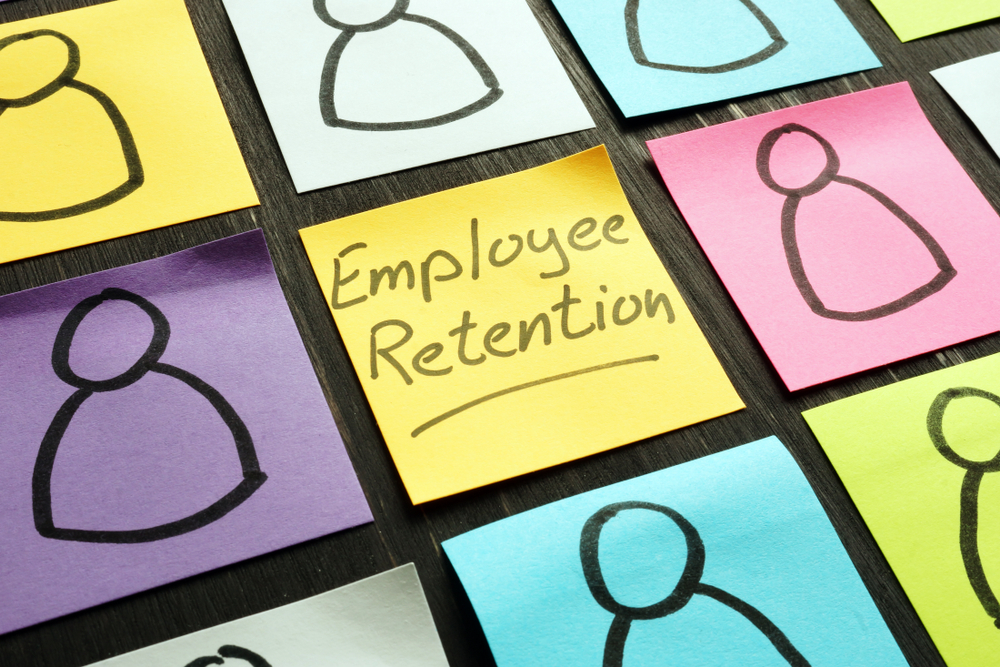It’s no secret that leaders are facing unprecedented challenges when it comes to retaining employees. New data from PWC’s August 2021 US Pulse Survey found 65% of employees are looking for a new job. Consequently, 88% of executives have reported seeing higher turnover.
Amid what the industry is calling The Great Resignation, it’s vital that companies prioritize their most important asset for success; their employees. But how can organizations ensure their efforts will truly make a difference? It’s simple really; employees want to feel supported, trusted, and given the autonomy they desire, all of which require a foundation of empathy.
Here are a few tactics to consider for all organizations that wish to increase retention and align their HR strategies with shifting employee expectations:
Balancing Requests for Flexibility
Balancing requests for flexibility while also respecting the needs of the business can be difficult, but it’s certainly possible. HR leaders face the responsibility of meeting the evolving needs of their staff, which sometimes means adapting company standards. Take, for example, remote work, which became top of mind for all during the pandemic. To accommodate the desire for increased flexibility with the need for in-person collaboration, organizations can look into a hybrid work model. This offers the opportunity to work from home and from the office as schedules allow. You can also offer the possibility for employees to work fully remotely if needed. It should be top of mind to foster an open line of communication where employees can be honest about their priorities. You want them to feel heard, trusted, and fulfilled.
Creating a Positive Work Environment
Creating a positive work environment that ensures team members feel cared for and supported is key. There is no point in investing in company perks if the culture has gone sour. Bad company culture drives the best talent away and can be spotted from a mile away. This was clearly illustrated during the pandemic, when companies that lacked close bonds, compassion, and trust between teams, struggled to keep up with turnover. Concentrate on programs that foster independence and trust. Help your employees maintain sufficient work-life balance and ensure they are not at risk of burnout.
Organizations that take culture and compassionate leadership seriously will come out stronger, with higher retention rates and more productive teams.
Mental Health Awareness
Burnout, and all other mental health issues, must remain top of mind as we continue to navigate and set the stage for success in a remote and hybrid work model. HR leaders can begin by ensuring employees have access to mental health benefits. Regular mental health days are also a great way for employees to disconnect and recharge – these have also been proven to help with employee wellbeing. At Quantcast, for example, we’ve given quarterly company-wide mental health days to recharge and spend time with loved ones. The added benefit of taking a day off together ensures emails and Slack stay quiet and teams will not come back to a pile of emails and tasks waiting for them. Many companies are also offering additional mental health support by offering ongoing employee wellbeing resources and access to on-demand wellness apps such as Headspace, Ginger.io, and Aaptiv.
Bringing Employees Closer Through Company Events
Company events are a key part of employee engagement strategies. Well-planned events can be fun, engaging, and altogether tie into the company’s culture. It’s a powerful way to foster connection within the company and strengthen the sense of belonging – ultimately motivating employees in their everyday work. The pandemic, of course, presented the challenge of replicating these connections in a virtual environment. But as we look into the future and the reality that remote work is here to stay, HR leaders have a chance to get creative. Start thinking about cross-geographic and cross-functional online mentorship programs, in-office catered lunches and happy hours (if employees feel comfortable), and online company challenges, like charitable drives and holiday-themed games, where everyone can participate.
In summary, after a year and a half of change, companies now have a tremendous opportunity to remodel their initiatives to drive growth, retain employees, prepare for uncertainty and create a workplace that top talent is eager to join. Making culture and benefit offerings a top priority now will ensure the resilience of your workforce tomorrow.
Valerie Junger is the Chief People Officer at Quantcast, a global advertising technology company focused on empowering brands, agencies, publishers to know and grow their audiences with an intelligent audience platform.
The post Navigating Employee Retention Amid the Great Resignation appeared first on HR Daily Advisor.
